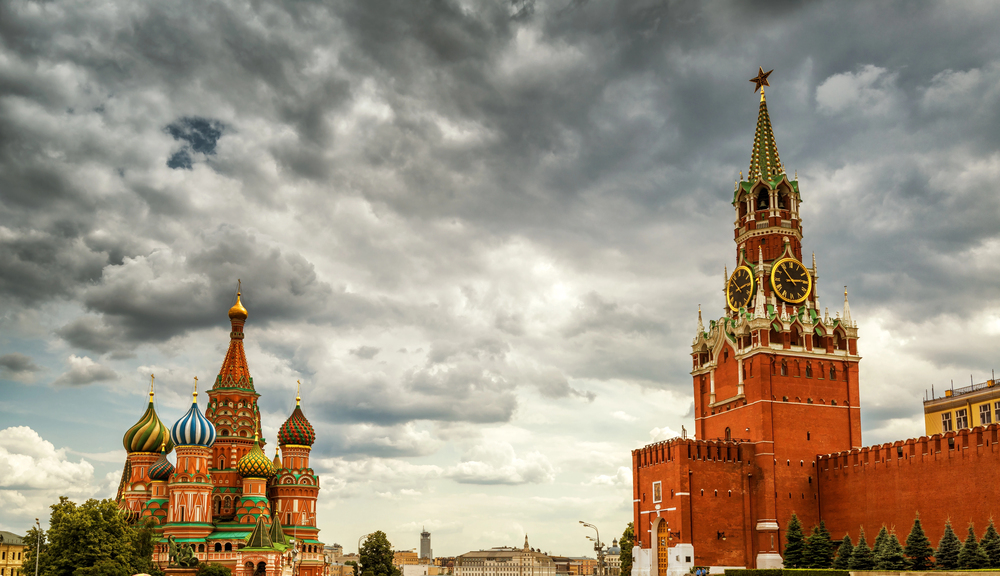Despite initial resilience to Western sanctions and its isolation from global financial markets, Russia’s economy faces mounting pressures that may force Vladimir Putin to choose between military spending and domestic consumption.
While Russia initially weathered sanctions through energy exports to China and India and protected its middle class by supporting the ruble, these buffers are eroding rapidly, according to Alex Isakov, a Bloomberg economist. The National Wealth Fund (NWF), crucial to Russia’s economic stability, has plummeted from $140 billion to just $55 billion, with liquid assets excluding gold at a mere $31 billion—matching 2008 levels.
This depletion has immediate consequences. The ruble has fallen to its weakest level since early 2022, and the central bank’s benchmark rate stands at 21%, constraining both consumer spending and business investment. Bloomberg projects that Russian growth will slow dramatically from 3.1% in 2024 to just 1% in 2025, with the IMF forecasting a similar decline to 1.3%.
The impact on Russian consumers is already visible. Butter prices have surged 25.7% since December 2023, far outpacing the 8.6% inflation rate, leading to increased supermarket theft. With diminished fiscal buffers, Russia can no longer effectively shield consumers from economic pressure while maintaining military spending.
The analyst suggests Putin’s regime will likely pivot toward a full war economy, redirecting resources from consumer sectors like services and residential construction to military-related industries. This shift mirrors the Soviet Union’s economic challenges of the 1980s when energy price fluctuations exposed budget vulnerabilities.
Public sentiment appears to reflect these stresses, with Russia’s official policy approval index reaching its lowest point since the invasion of Ukraine. As Isakov notes, 2025 is poised to become a “year of consumer retrenchment” as Putin’s ability to fund warfare and domestic consumption simultaneously reaches its limits.
Read more:
- UK intelligence: Inflation and sanctions push Russia’s economy towards increased financial strain
- Zelenskyy compares Russian economy to sinking Titanic
- Investigation reveals insurers of Russia’s oil tanker shadow fleet




